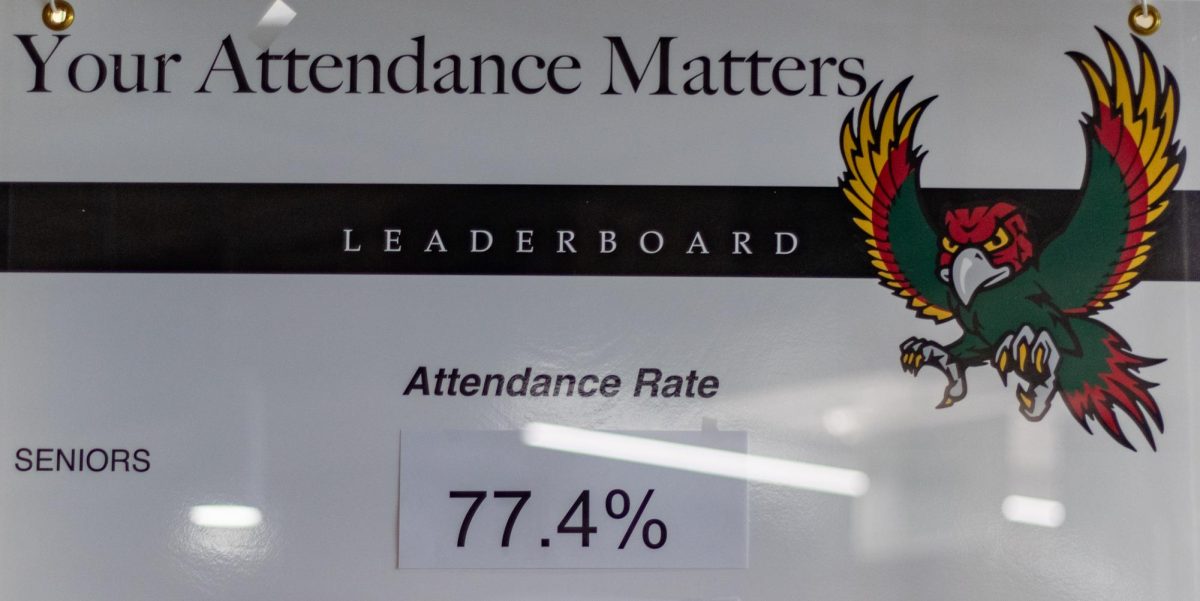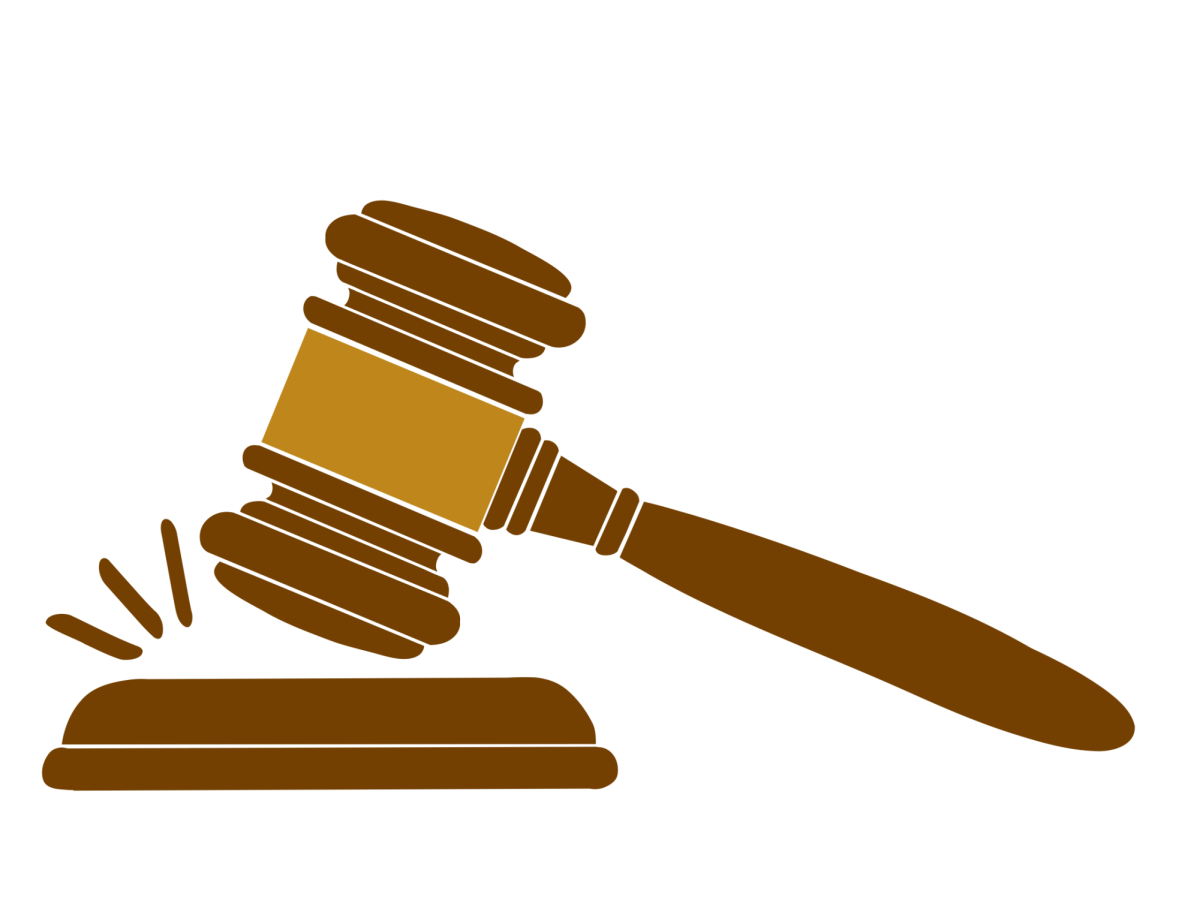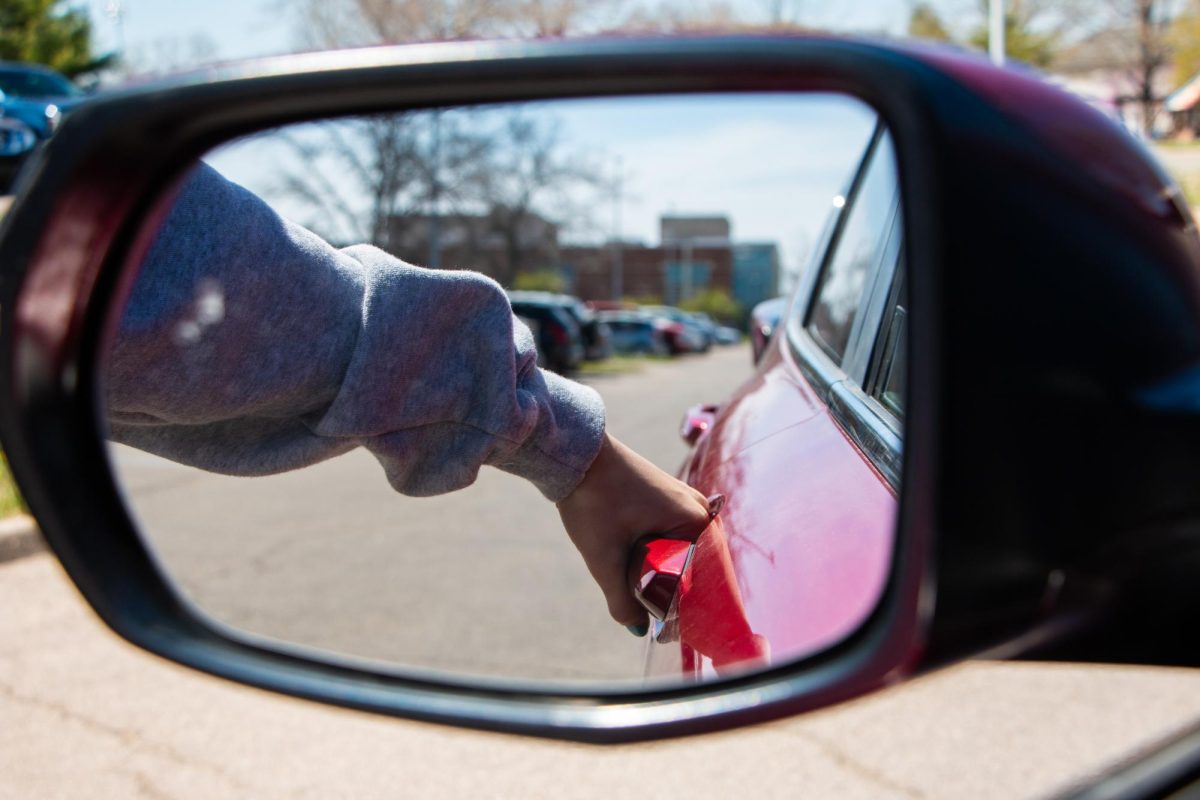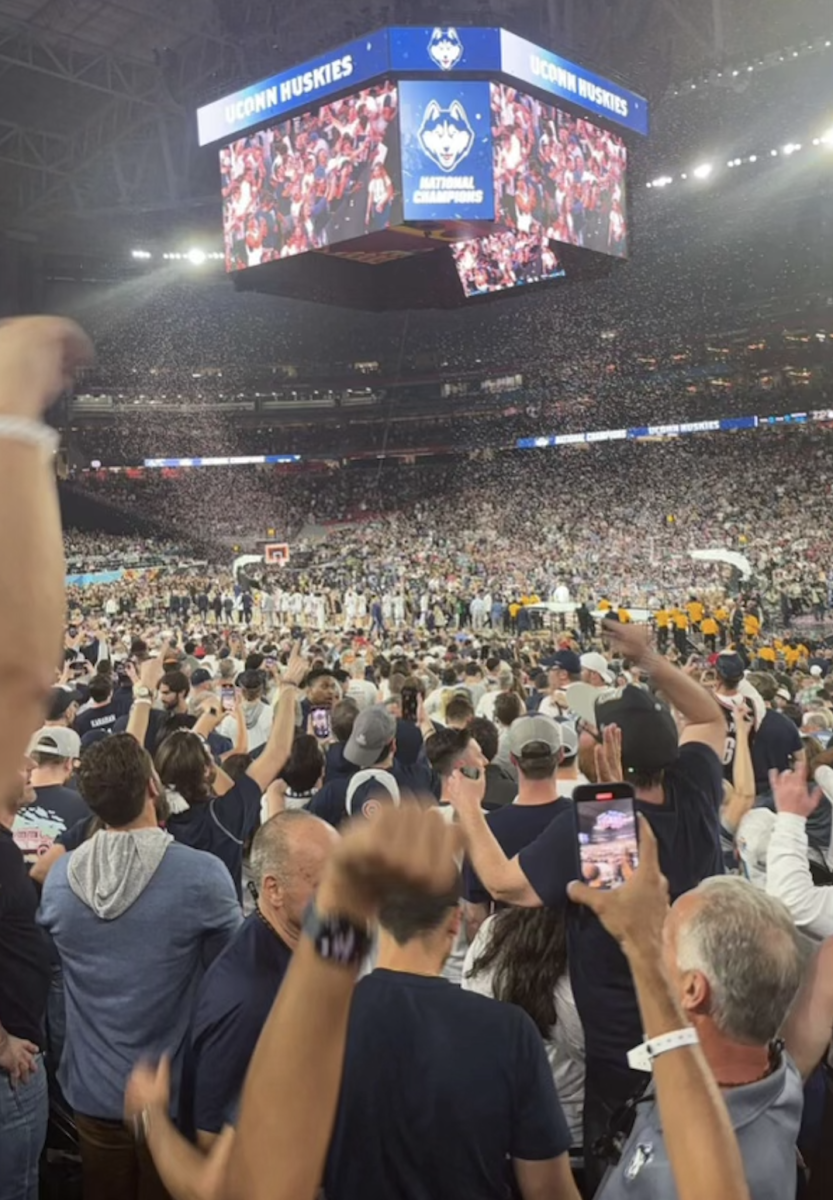Bills forbidding paycheck deductions for union dues, limiting collective bargaining rights closing in on the law books
When the Lawrence Education Association–the teachers union representing educators in USD 497–surveys local teachers about their concerns for the coming school year, one point of interest is always at the top of the list, according to Free State science teacher and LEA chief negotiator David Reber.
“Overwhelmingly, salary is always the number one issue,” Reber said.
But recent bills proposed in the Kansas legislature have given teachers unions new worries for 2013. House Bill 2023, which passed through the House for debate in the Senate on Jan. 31, would prohibit union members from taking voluntary salary deductions for purposes of political advocacy, such as union dues. Meanwhile, House Bill 2123 would limit–if not eliminate–the ability of public workers to bargain collectively over salaries and working conditions.
In the Name of Efficiency
Both bills were borne out of the government-appointed Efficiency Task Force, a group of ten individuals with backgrounds in finance, accounting and business charged with finding ways to cut down on education spending.
None of the members work in education–a trait Lawrence school board member Bob Byers wishes had been taken into account when the task force was created.
“[It] would have been nice if there were…more superintendents, more educators, that could speak better to what’s truly going on in Kansas public education,” Byers said.
Reber, who represents teachers in professional negotiations with the school district, has never been optimistic about the Efficiency Task Force’s goals.
“I knew from the instant that that task force formed that it had nothing to do with looking for efficiencies or improving education,” he said, “but was simply a bit of theater so that they could pretend they had some rationale for doing what they intended to do anyway.”
Reber looks with concern upon what he sees as anti-union trend in Kansas and several other states, such as Wisconsin, where bills similar–“identical,” Reber said–to those just proposed in the Kansas legislature appeared in 2011.
“I think there’s a funny social phenomenon in this country where people that aspire to earn lots of money in business, or in medicine, or law—they’re revered as, you know, here’s the American Dream and all that,” he said. “And the minute a teacher wants to be able to buy groceries and gasoline, suddenly they’re the greediest, most evil thing on the planet for wanting money.”
Collective Bargaining at the Local Level
According to Reber, most collective bargaining on behalf of teachers is done with the local school board, not the state, affecting how–but not how much–money is distributed in the district.
“The whole idea that gutting collective bargaining will somehow make things more efficient or save money is ridiculous,” Reber said regarding HB 2123. “…The only thing collective bargaining does is help work out the details of how the money is spent once it gets to the local school districts.”
Though Kansas already possesses some restrictions on collective bargaining rights, the LEA discusses more than salaries and fringe benefits with the school district. Each year, the union and the school board’s Negotiations Committee finalize a Master Agreement, which includes details like hours of work, teacher evaluations and the tools the union can use to communicate with members within school walls.
Reber said the teaching and learning atmosphere in the Lawrence Public Schools is always a primary concern.
“So often in the press the teachers union gets painted as only looking out for teachers and not for the kids,” he said, “but I think one thing that’s important to keep in mind is that teachers’ working conditions and students’ learning conditions are the same thing. They’re all the same place.”
Reber recalled years in which his classes were so packed with students that he had trouble finding space for them in his classroom, let alone time to give each student individual feedback. He supports smaller class sizes for reciprocal teacher-student benefit.
The LEA has also been in discussions with the school district to develop a new method of teacher evaluations, a process school board member Byers—a former member of the board’s Negotiations Committee—described as a “joint effort.”
Byers doesn’t predict that HB 2123, which will go to committee this week, will do much to change cooperation between teachers and the district if it is passed. He believes HB 2023–the bill that forbids payroll deductions for political purposes–“will have more effect.”
Union Political Activity
Proponents of HB 2023 say that by stopping unions from collecting donations directly from members’ voluntary paycheck deductions, they will alleviate pressure that may be put on teachers to join and pay dues to these unions. The bill’s opponents claim that no such pressure exists, accusing its supporters of attempting to do away with unions altogether.
Beyers, who is running for reelection to the Lawrence school board this April, doesn’t see union participation as a problem in USD 497. Instead, he said, joining a union “gives employees an equal opportunity to put them on equal footing with the agencies and the businesses that are negotiating.”
But many business interests disagree. As reported by Scott Rothschild of the Lawrence Journal-World earlier this week, Eric Stafford of the Kansas Chamber of Commerce didn’t defuse any conflicts when he told a House committee, “I need this bill passed so we can get rid of public sector unions.”
Kansas is already a right-to-work state, meaning that employees have the choice of joining or abstaining from the union that represents their colleagues. Teachers may vote on the union they wish to represent them (Lawrence teachers have chosen the LEA), and those who want to be a part of the union can have their dues sent directly from their paycheck. HB 2023 would still allow members to make personal donations to unions, but unions worry that prohibiting automatic paycheck deductions will decrease their membership.
Reber said laws like this have often failed in other states.
“Basically, telling people how they can and can’t spend their money has been ruled unconstitutional,” he said.
But as HB 2023 races through the legislature in the first few weeks of the legislative session, the future of the Kansas judicial system is also under scrutiny after a ruling on another matter of constitutionality.
Proposed Amendment to Judicial Appointments
As the Free Press reported in January, a three-judge panel recently ruled that the Kansas legislature must substantially increase funding for public schools in order to comply with the state Constitution’s requirement that the legislature provide “suitable” funding for education.
Since then, the Kansas attorney general has filed to appeal the ruling with the Kansas Supreme Court. Gov. Sam Brownback and the courts disagree over which branch of government has the right to determine the meaning of “suitable” funding.
Many of the amendment’s supporters believe the current system skews the judiciary toward liberal ideologies, but others say changing the system is the government’s strategy of avoiding compliance with the school funding decision and other rulings unpopular with the Republican majority.
“I don’t think there’s any chance that our current legislature and governor will actually comply with the court order,” Reber said. “They will thumb their nose and call them names like ‘activist judges’ and claim that they’re overstepping their bounds, never mind the fact that they’re doing exactly what the courts are supposed to do, which is rule on the constitutionality of legislation.”


















